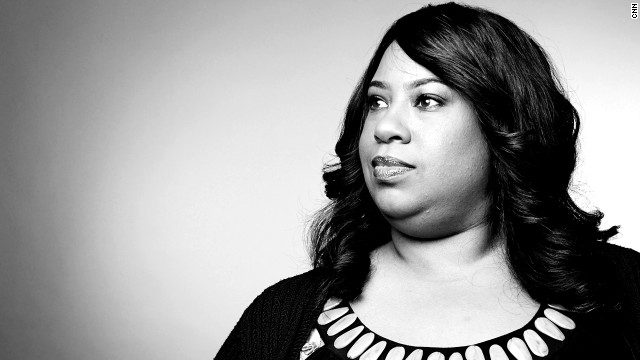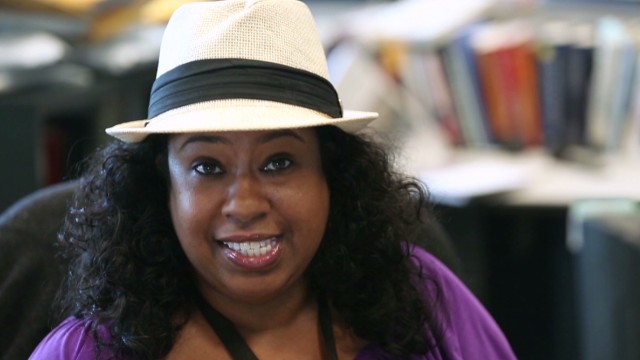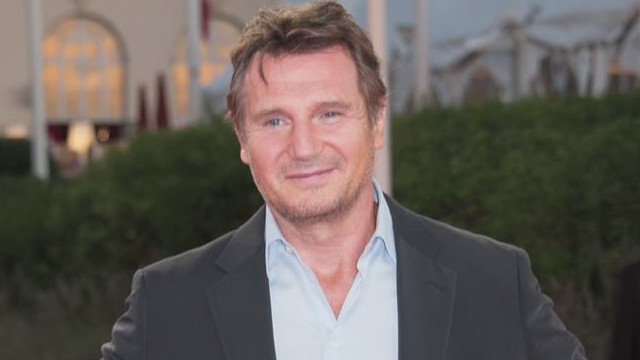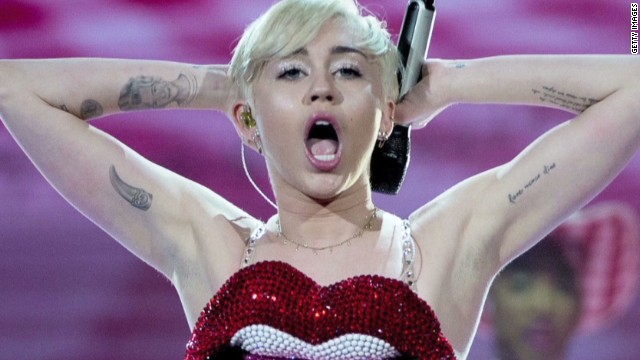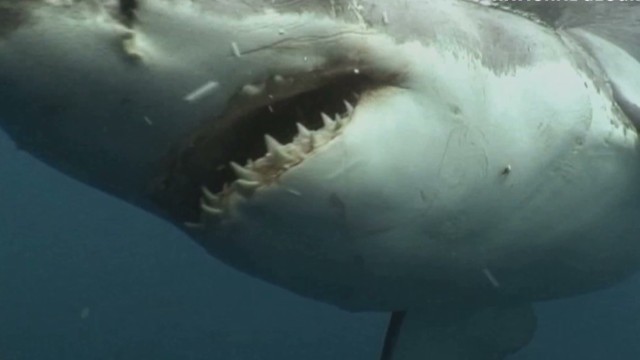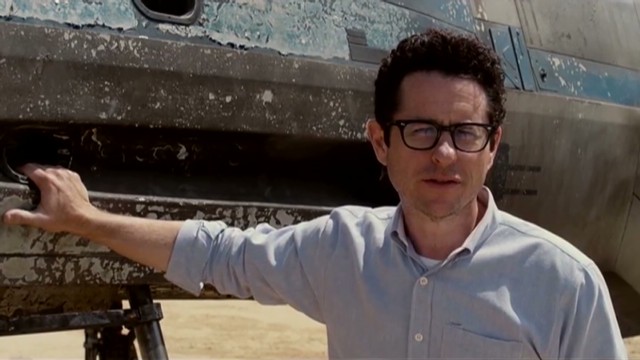Story highlights
- Lisa Respers France has struggled with her weight since childhood
- For her, food is an addiction and a replacement for self love
- But it's taken a toll on her physical and emotional health
- France is taking strides toward finding a better balance
First Person is a series of personal essays exploring identity and personal points of view that shape who we are. The latest contributor is Lisa Respers France, senior producer for CNN Digital's Entertainment section and star of the CNN Original Video series "Lisa's Desk."
(CNN)You've met me before. I'm the fat, funny girl who is often hailed for my confidence and self-esteem. The big girl who has "such a pretty face" and who, despite her weight, manages to snag really great looking boyfriends.
I "dress really well for my size" and am so much fun to be around because of my outgoing personality.
"Don't call me fat, I prefer the term 'fluffy' " I say and you smile at how I am able to put you at ease about an uncomfortable subject.
I'm the first with a "Hell yeah!" fist pump for slogans like: "Sexy has no size" and "Love me for who I am, not what I look like."
But I suffer from the one addiction that doesn't elicit much sympathy from most people.
Were this a confession of meth abuse or alcohol, I would anticipate an entirely different reaction. But my drug of choice is one that will likely elicit more eye rolls and accusations than loving embraces of support.
Food is my drug.
According to the informal definition, an "addict" is "an enthusiastic devotee of a specified thing or activity." That's me, all day. You couldn't find anyone more enthusiastic about food and eating than yours truly.
My Instagram account is evidence of that. The food photos there compete only with the number of strategically shot selfies (all positioned in such a way to conceal my fat of course).
In my spare time I devour food autobiographies that I attack as lustfully as a porn junkie -- often pairing them with something delicious.
I have driven a stupid amount of miles to satisfy a craving and even canceled on friends to sit in my house and eat. More of my money has been spent dining in good restaurants and buying groceries than some people make in a year. I've eaten to the point of getting sick and once I was empty, have eaten again.
The number of diets I've started and stopped is not even worth mentioning here because in the end I always go fleeing back to my first love: food.
I hate to exercise, but have managed to use my treadmill and hit the gym more than a few times. But it makes me so hungry I feel like I undo all of that work the minute I can get to food.
Before I met my husband I once joked to a friend that food was my boyfriend. The only "man" who could truly satisfy me.
"What's the difference if I say I'll go away when I know I'll come back on my knees someday? For whatever my man is I'm his, forever more," I told her, quoting song lyrics when she suggested we join a workplace weight loss campaign.
These days, food is more like my closest friend than a lover, but its influence is just as strong. It's a weird place to find myself in given that as a child, my parents had to force me to eat.
I was a short, skinny kid who at the age of 4 was so petite that I was mistaken for a toddler. I suffered major problems with my adenoids, tonsils and sinuses and consequently food tasted like snot to me.
At age 9, I had my tonsils and adenoids removed. That changed everything.
I was just home from the hospital and my parents grabbed cheese-steak subs for themselves for dinner.
Upstairs in my bedroom, sipping soup and still nursing the post-tonsilectomy sore throat, I suddenly smelled the most delicious aroma. You know how in cartoons a smell wafts and tickles the character under the nose? That was how those subs smelled to me and I floated downstairs to investigate. As I stood, practically drooling, my mother asked, "Would you like a taste?"
I went on to gain about 30 pounds in the months following my surgery and that hasn't slowed.
It's not as if I haven't successfully shed weight before, but the moment I start, I figure out some way to undermine it. My mind attacks me with thoughts that hurt to even type:
Would my more attractive girlfriends like me as much if I were "on their level?"
Would the increased attention from men cause my marriage to crumble?
Why should I have to live in a constant state of denying myself when others can eat what they want and be slim?
And worst of all: What if absolutely nothing changes at all other than my body? What will I then blame life's disappointments on?
I know that so much of my food and weight issues are really about my emotions. That was driven home recently when a counselor suggested "When Food is Love" by Geneen Roth.
I was in my kitchen, waiting for dinner to be ready when I read this passage and broke down sobbing: "Compulsive behavior, at its most fundamental, is a lack of self-love; it is an expression of a belief that we are not good enough."
At that moment I realized that I have been trying to fill my heart by filling my stomach. But pinpointing the pain means going places I fear.
I'm more afraid of delving into what is killing me (and trust me I am so aware that it is killing me) than I am of dying. Every extra pound represents a pain for me, something I don't like to acknowledge, not even to myself. I grew up in a family where we didn't talk about our struggles -- we ate or drank them away. I have continued that legacy.
After a love affair that didn't work out, I took to my bed with a box of Ritz crackers and two cans of squeeze cheese. I jokingly told my roommate that I was "sitting shiva" for the relationship that I was convinced would take me off the market. The one that would stop the cycle of men who spoke to me in code.
"You aren't my usual type." ("I usually avoid fat girls, but you are cool.")
"You are so easy to talk to!" ("When my friends question how I can be with you I can always point to your personality.")
Thirteen years ago, I married a man who has always told me how beautiful he thinks I am. But it has done little to assuage the fact that for all of my outgoingness and sunny manner, I do not love myself enough.
I hate not being able to fit my purse in the seat beside me or having to ask for an extender on an airplane because the seat belt may not fit. I hate the smirky looks sales people give me in regular clothing stores -- the look that says, "Surely you aren't thinking you will find anything here?"
I hate that I crave the numbing power that food represents to me. The moment I begin to feel happy or sad, I turn to food. Sometimes it's in celebration and sometimes it's to achieve a level of bliss that means I don't have to hurt or process what I am feeling.
Tough day at work? Dinner with co-workers. Fight with a family member? High fat snacks. Who needs tears when there are donuts to be had?
It's a neverending cycle; being fat makes me feel uncomfortable and feeling uncomfortable drives me to the behaviors that make me fat.
A good friend once told me that I should view the parts of me that need to heal as a younger version of me who I needed to protect. I should talk to "Little Lisa," she said, and tell her how worthy she is of health, self-love and an abundant life.
Only by peeling back the layers of pain, she said, could I get to the real emptiness that I needed to feed -- that part of me that doesn't believe I deserve the blessed life I have with a career, family and friends that I adore.
So, "Little Lisa," this is the first step towards you and I getting to where we need to be. It won't be easy and it's going to hurt. But we are going to do the work and try to be an inspiration to others who have started and failed over and over.
We are going to do it for every overweight person who struggles and those who are no longer here to struggle because their bodies gave out on them.
Most days we are going to want to quit, but we can't because the stakes are too high and there is so much more waiting for us than we have allowed for ourselves.
I've met you. You're worth it.
